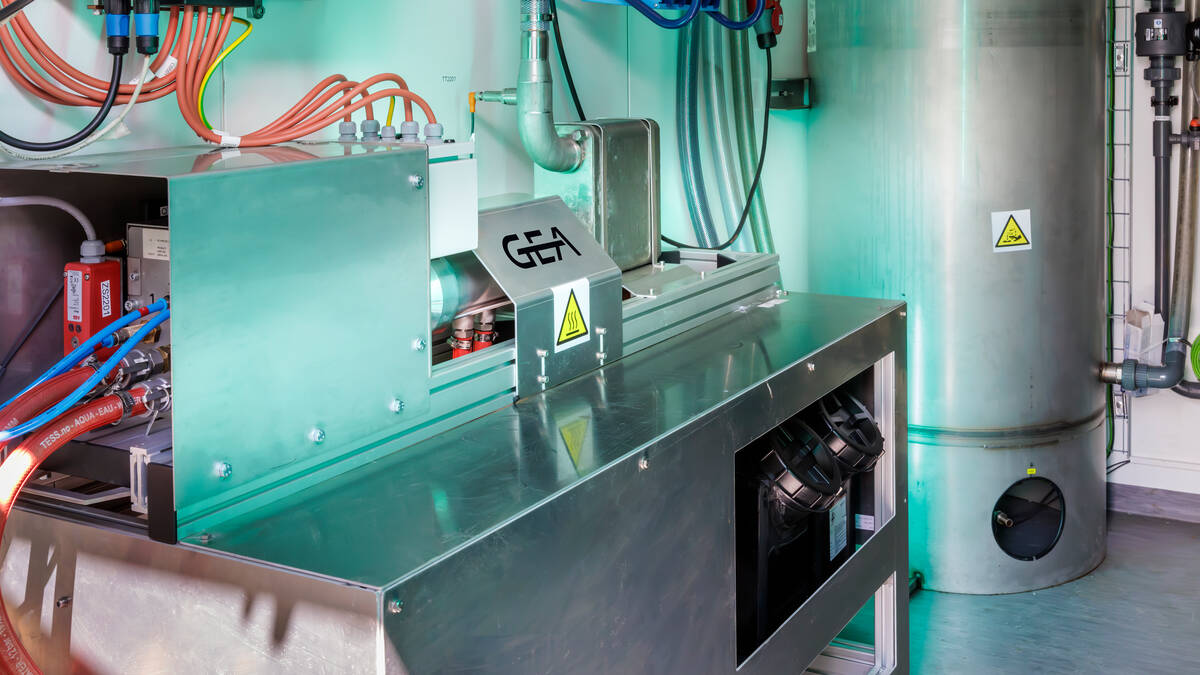Boosting crop yields and reducing emissions with innovative manure management
Dairy farming is a critical component of the global agricultural sector, providing nutrients and food products to millions of people. However, the significant amounts of greenhouse gas emissions are costly and unsustainable.
Manure management is a significant contributor to the greenhouse gas emissions, due to the high production of methane and nitrous oxide during manure storage. To combat this challenge, GEA has introduced a new system that reduces the emissions and increases the crop yield.
Reducing emissions with nitrogen content
To reduce emissions from manure management, GEA, in collaboration with N2 Applied, has introduced the GEA ProManure E2950 – Manure Enricher. The system converts livestock manure into an environmentally friendly nitrogen enriched fertilizer, through plasma technology. The system operates automatically and is installed in a 20-foot container, making it easy to integrate into a farm’s existing infrastructure. It can be remotely monitored, ensuring seamless operation.
Compared to normal fertilizer production that is heavy in greenhouse gases, the technology adds nitrogen from the air into slurry, increasing the nitrogen content. This reaction lowers the pH and reduces the ammonia emissions by 95% and methane emissions by 99% from storage and spreading.
This reaction lowers the pH and reduces the ammonia emissions by 95% and methane emissions by 99% from storage and spreading
The use of nitrogen enriched fertilizer has not only reduced emissions significantly, but also resulted in greater crop yields. On average, dairy farmers have realized that compared to untreated livestock slurry, the system has increased their crop yields by up to 40% and reduced air pollution on dairy farms by up to 50%. Moreover, the process eliminates leakages and typical manure smells on their farms, providing greater flexibility for manure spreading.
An investment in the climate and cost effectiveness
The technology can be profitably utilized within the framework of the EU’s Farm to Fork program to effectively reduce agricultural emissions and meet the climate targets set by individual nations. This is particularly beneficial for countries which have or consider introducing the CO2 tax, as it helps reduce overall costs for dairy farmers.


